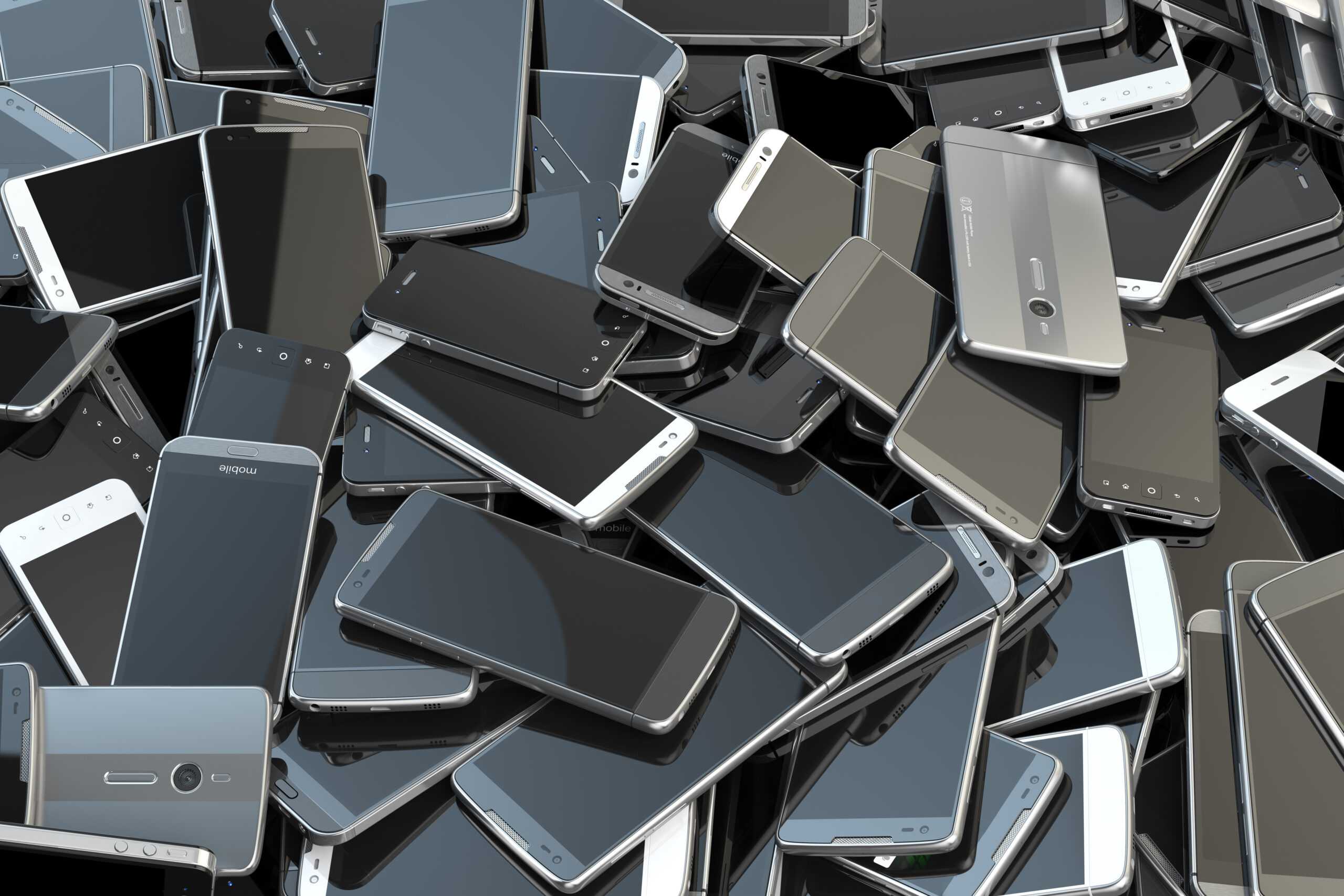With smartphones having become so engrained in consumers’ daily lives, it’s hard to imagine a device in modern history that’s as ubiquitous as the smartphone. And while many consumers no longer seek to upgrade their smartphone on an annual basis, the fact is that the regular manufacturing of these devices has led to tremendous waste across the planet, in part because too many consumers ignore electronics recycling. New data from the Waste Electrical and Electronic Equipment (WEEE) Forum, which has been campaigning for International E-Waste Day (October 14th), estimates that there are around 16 billion smartphones possessed by consumers globally, and in 2022 alone, 5.3 billion will be discarded.
One problem, as noted by WEEE, is that consumers tend to hoard their devices (which is evidenced by the 16 billion figure being more than double the global population). Around 46% of consumers told WEEE that they save electronic gadgets because they might use them again one day, even as those devices sit in drawers or cabinets collecting dust.
Holding on to old smartphones is not ideal, but simply throwing them in the trash is far worse. When electronics are recycled properly, they provide manufacturers with access to key non-renewable materials, like gold, copper, silver, and palladium, which can then be used in new devices. “People tend not to realize that all these seemingly insignificant items have a lot of value, and together at a global level represent massive volumes,” remarked Pascal Leroy, director general of WEEE.
Consumers who wish to do their part to help the environment can look to the numerous non-profit organizations or electronics recycling services in their communities. Leading tech firms like Amazon and Apple are also an option, as they allow consumers to trade in old devices in exchange for gift cards.
And while the common perception is that younger people care about the environment and issues like climate change more than older generations, a Kings College London survey fielded last year refuted this notion, finding that members of Gen Z “are much likelier than baby boomers to have fatalistic views about behavioral adjustments to combat climate change.” In fact, from a behavioral perspective, one-third of Gen Zers agreed with a statement that changing behaviors to tackle climate change won’t make any difference, compared with one-quarter of Boomers who agreed.
Interpret’s New Media Measure® has identified a similar pattern, as the attitudinal differences towards the environment are surprisingly slight when looking at generations. One-quarter of Boomers state that living an environmentally friendly life is a “lifelong aspiration.” This figure is just a bit lower among the younger generations, which is in alignment with the fatalistic viewpoint suggested by Kings College London. At the end of the day, to preserve planet Earth, it’s going to take the collective actions of all generations.





